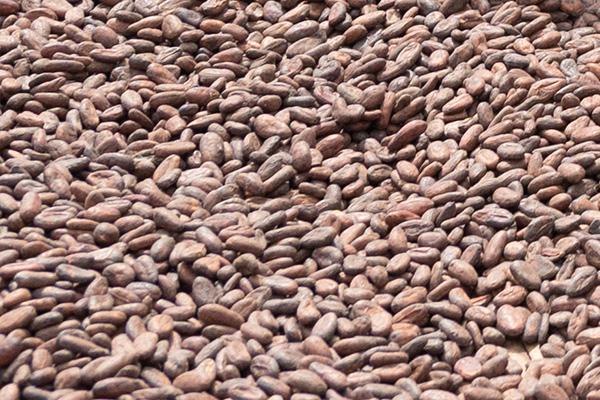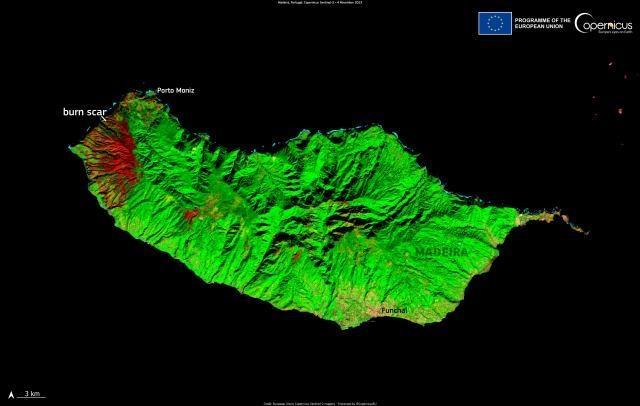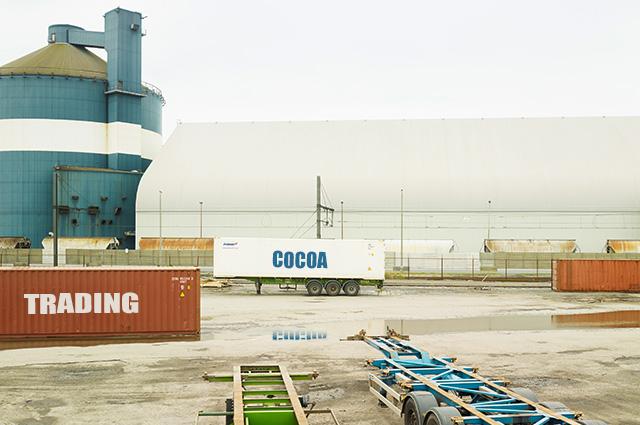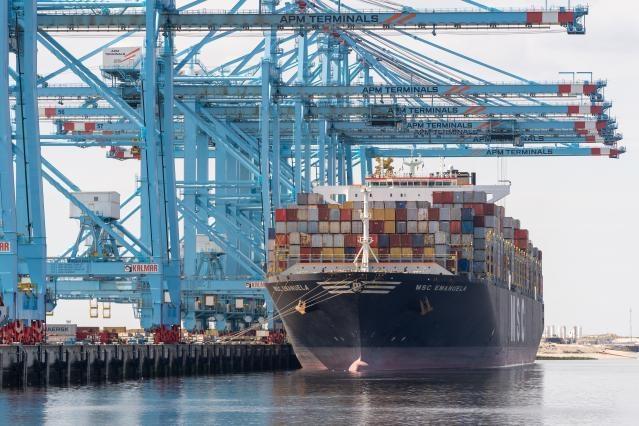Who needs to comply with the new rules?
The new rules apply if you plan to place cocoa or any of the following products on the EU market, or to export them from the EU:
- Cocoa beans, whole or broken, raw or roasted
- Cocoa shells, husks, skins and other cocoa waste
- Cocoa paste, whether or not defatted
- Cocoa butter, fat and oil
- Cocoa powder, not containing added sugar or other sweetening matter
- Chocolate and other food preparations containing cocoa

How to comply with the new rules?
The products
- must be deforestation-free, meaning they come from a plot of land that was not deforested after 31 December 2020
- must have been produced in line with the relevant legislation in the country of production
- must be covered by a due diligence statement
Due diligence: 3 steps to follow

1. Collect information
Collect information, documents and data showing that the product is deforestation-free and legal, such as geolocation coordinates, quantity, country of production, etc

2. Risk assessment
Assess whether there is a risk the product does not comply with the rules

3. Risk mitigation
Adopt risk mitigation procedures and measures if there is a risk that the product does not comply with the rules.
- must be completed and submitted electronically in the new Information System
- will then be checked in the Information System and by the competent authorities of the Member States
The new Information System is under development. The Commission is working closely with authorities in the Member States to ensure that the System is fully functional before the new rules enter into application on 30 December 2024.
More information on Due Diligence including, including how to comply with the three steps mentioned above.
What actions need to be taken at each stage of the supply chain?
 1 - Growing cocoa beans
1 - Growing cocoa beansCocoa must be produced legally and be deforestation-free. Geolocation data of the area of production must be collected.
Cocoa that was produced illegally, on land deforested after 31 December 2020 or that is not traceable, does not comply with the rules and cannot be placed on the EU market. Compliant cocoa must be stored separately from cocoa of unknown origin or incompliant.
 2 - Trading and shipping cocoa beans
2 - Trading and shipping cocoa beansDeforestation-free and legal cocoa beans must be kept separate from other cocoa beans while being traded and shipped. Mixing compliant and non-compliant commodities or commodities of unknown origin is not allowed. In such cases, the whole shipment would be non-compliant and cannot be placed on the EU market.
 3 - Importing cocoa beans
3 - Importing cocoa beansBefore placing a product on the EU market, the importer must perform due diligence.
The importer must also submit a Due Diligence Statement and will receive a reference number (and security token), which must be reported in the customs declaration for import.
Only compliant products may be placed on the EU market. The operator may place the cocoa on the EU market when it has been released for import by the customs authorities.
 4 - Producing cocoa products
4 - Producing cocoa productsLarge manufacturers of cocoa in the EU (e.g. to produce chocolate) must check that due diligence has been exercised upstream in the supply chain.
Large producers must check the Due Diligence Statement (DDS) of the cocoa importer and submit their own DDS for their products, using the reference number of the upstream DDS. The operator then receives a new DDS reference number and security token.
 5 - Selling or exporting cocoa products
5 - Selling or exporting cocoa productsBefore selling the cocoa product on the EU market, large retailers must check that due diligence has been exercised upstream in the supply chain.
The retailer must check the DDS upstream in the supply chain and submit their own DDS based on all previous reference numbers. The trader then receives a new DDS reference number and security token.
Small companies (SMEs) do not need to check or submit due diligence statements for products that have been subject to due diligence further up the supply chain.
The Sustainable Cocoa Initiative, launched in 2020, supplements the EU Deforestation Regulation by sharing its objective of tackling deforestation and by addressing technical issues for instance linked to traceability.
